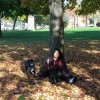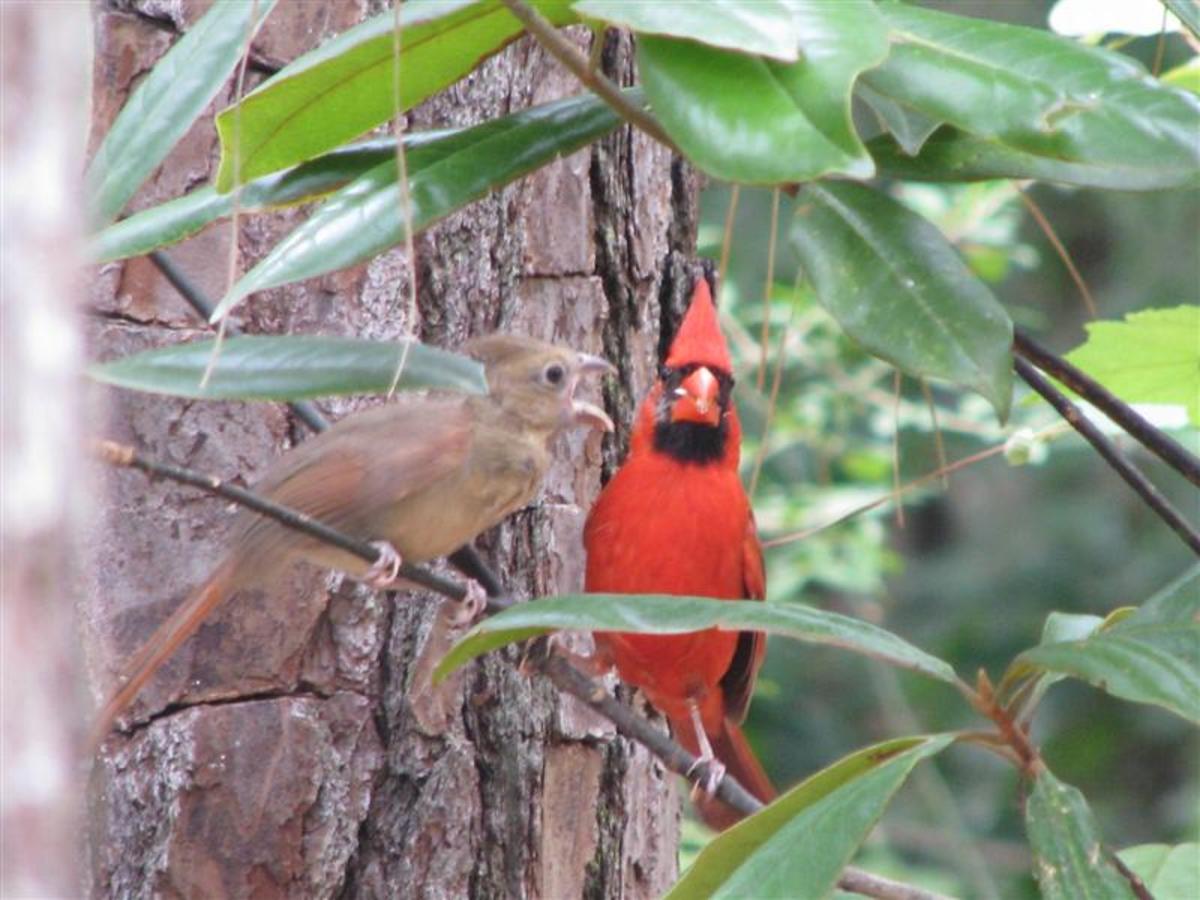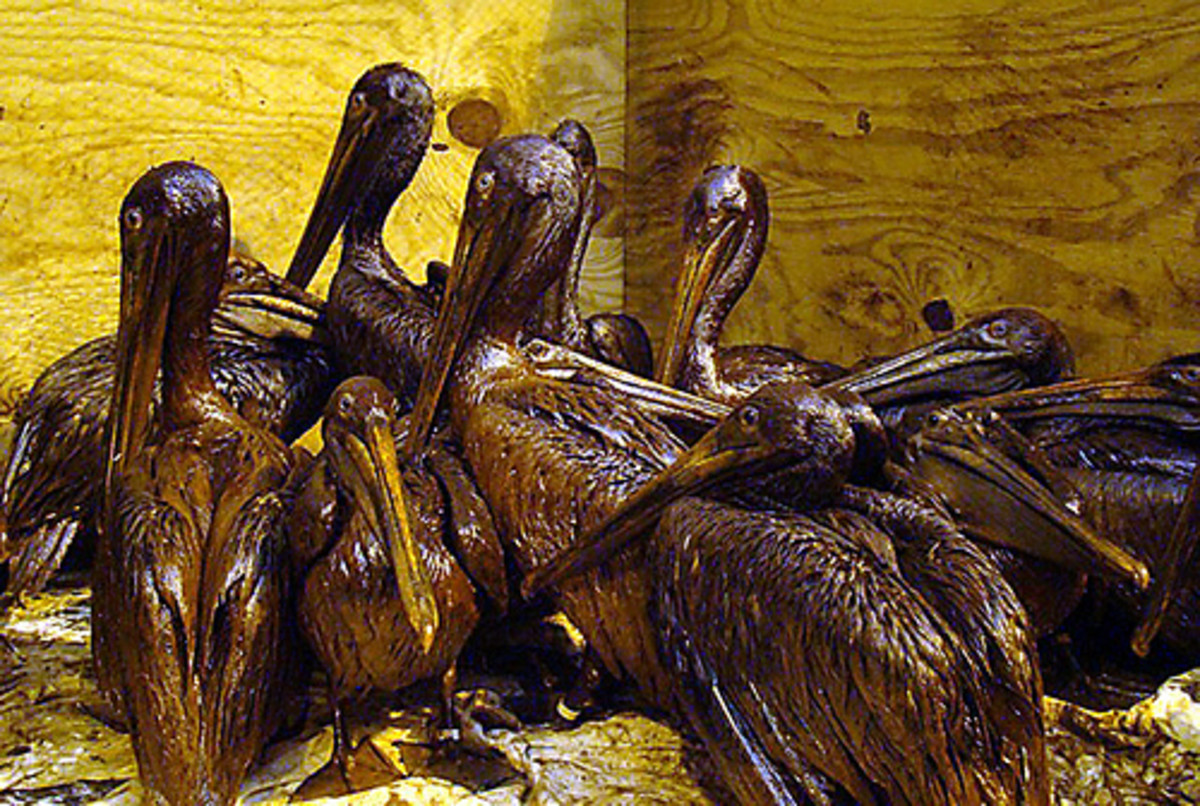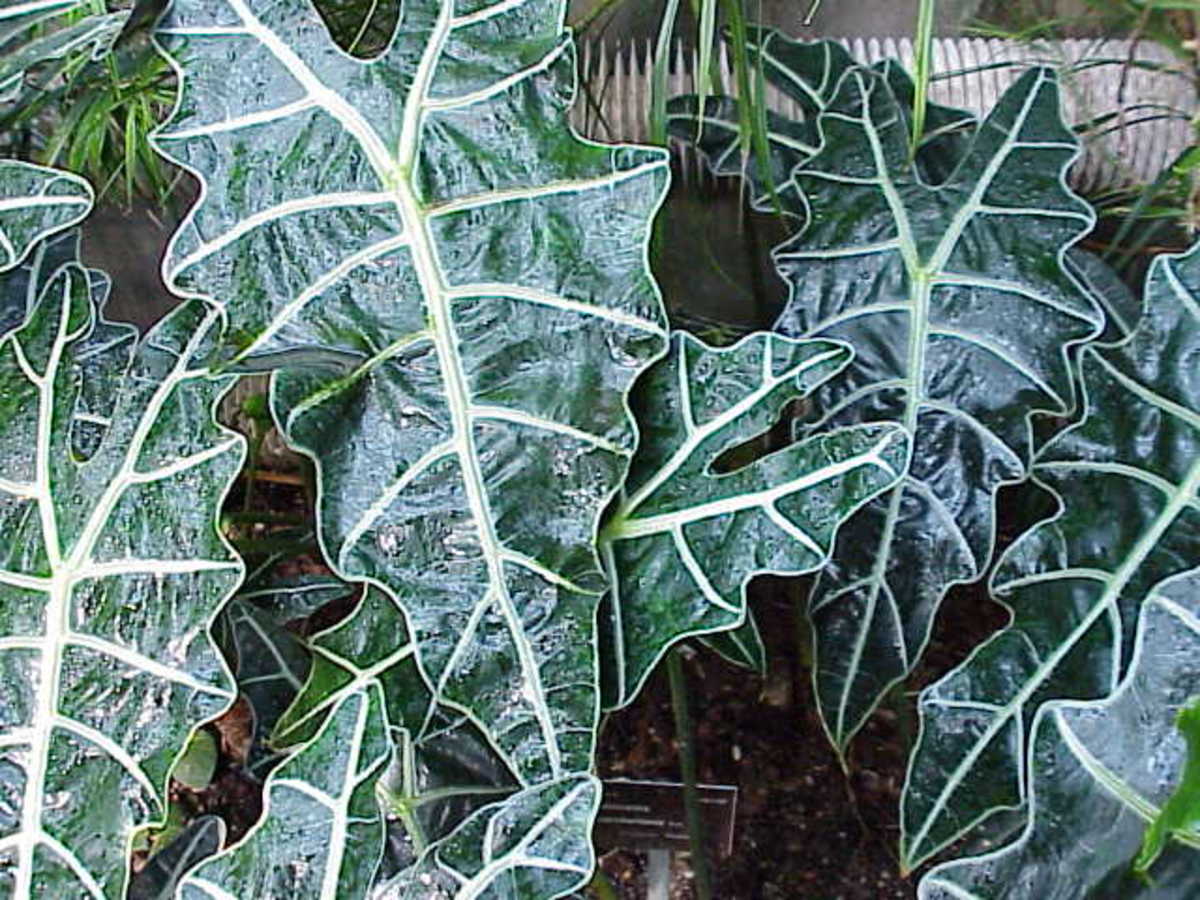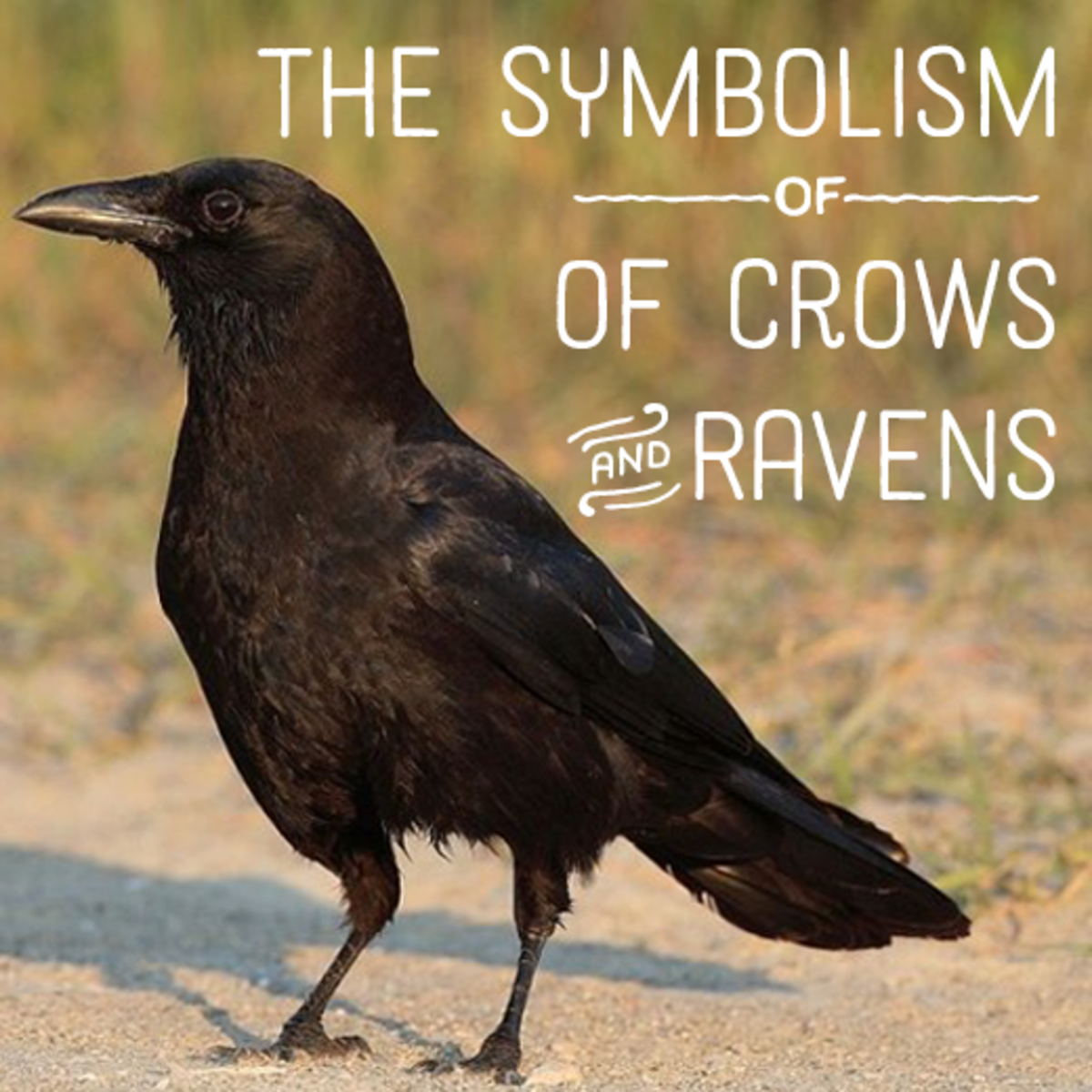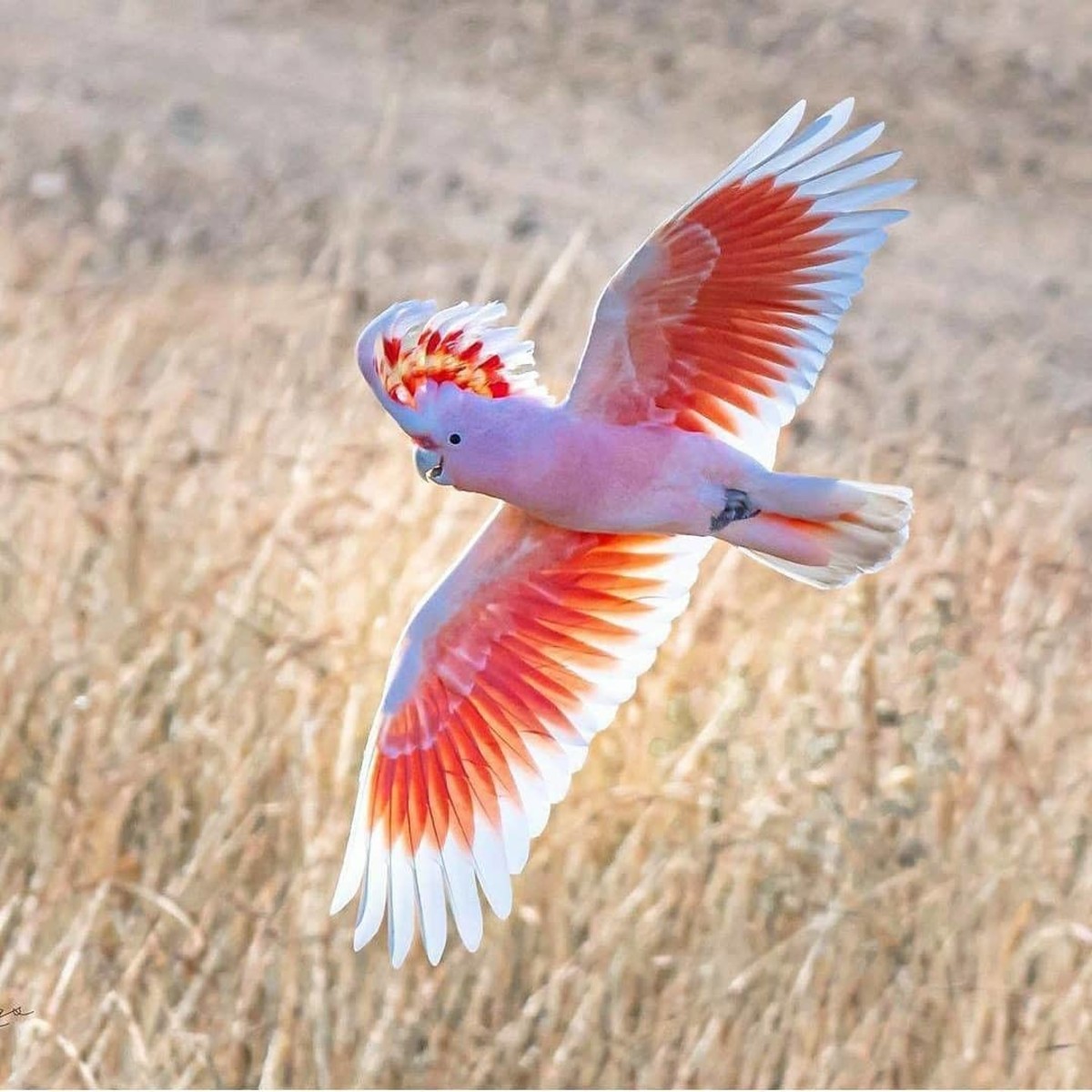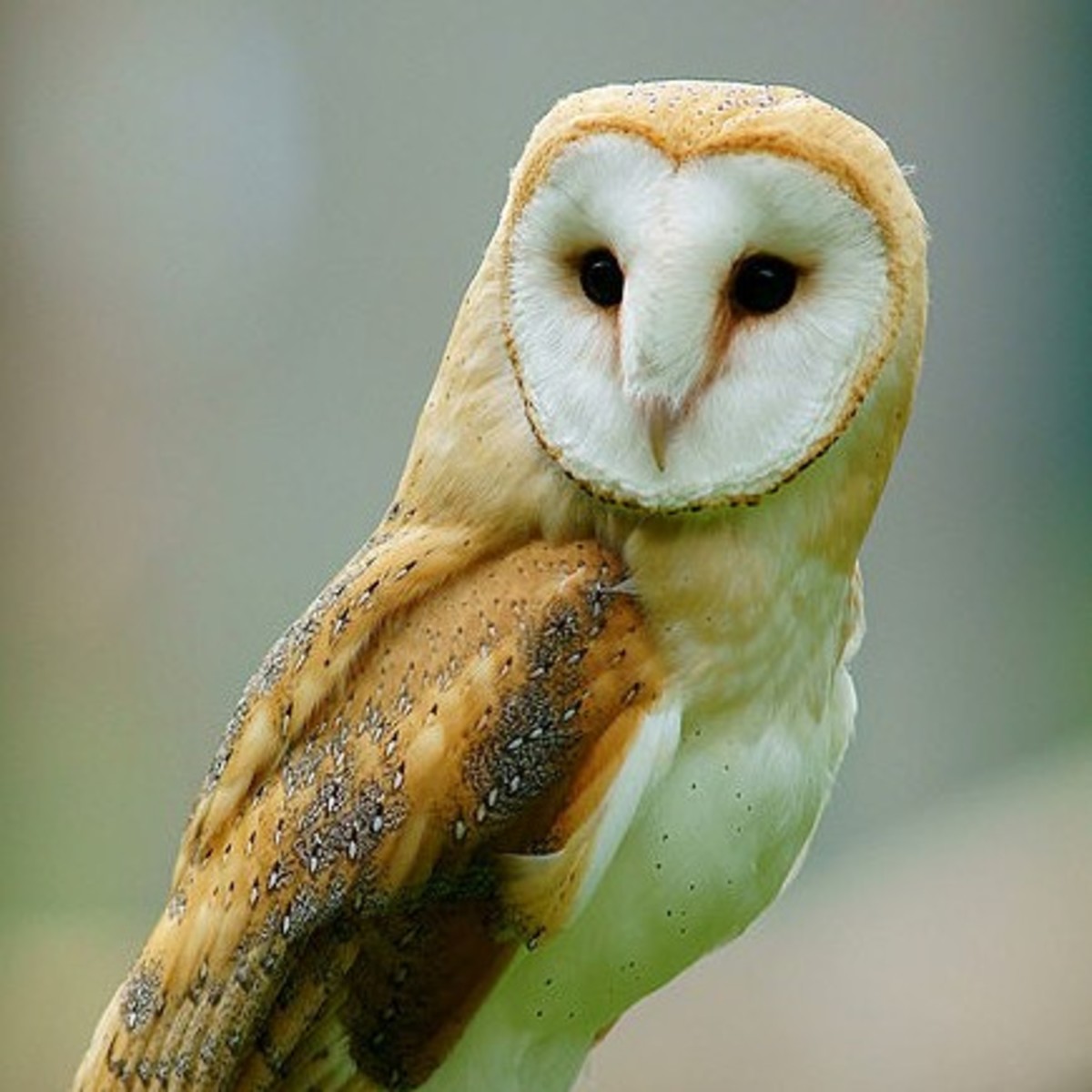How to identify birds eggs? And how are humans 'like' eggs?
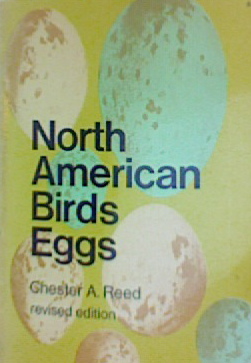
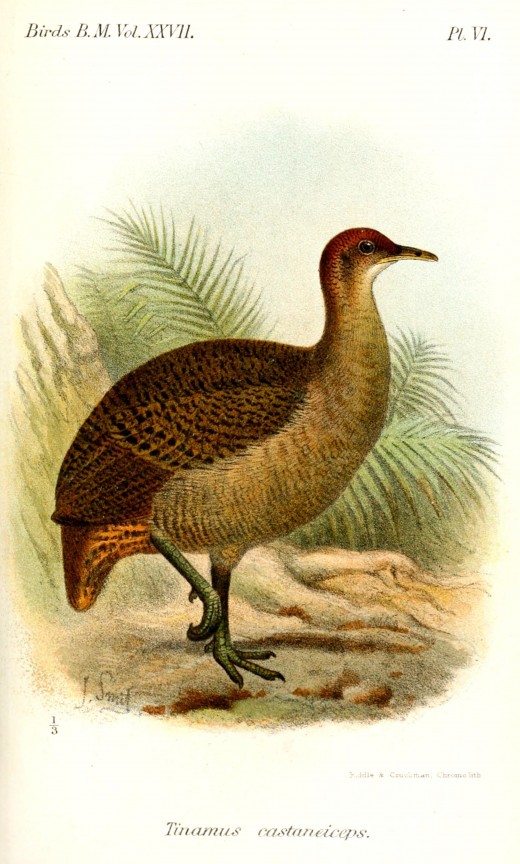
It may be hard for an egg to turn into a bird: it would be a jolly sight harder for it to learn to fly while remaining an egg. We are like eggs at present. And you cannot go on indefinitely being just an ordinary, decent egg. We must be hatched or go bad.” C. S. Lewis
"Do you see this egg? With this you can topple every theological theory, every church or temple in the world." D. Diderot.
I highly recommend that instead of Diderot approach, you see the eggs as a potential...would it be a bird? If it gets to be a bird, would it fly? What kind of bird would it be? Without going into ''who was first, the chicken or the egg..." lets just say, we would start with eggs and questions. Because everything starts with a question. And good things, start with good questions. So how do you recognize birds by their eggs?
To identify eggs by their morphology we shall look at the egg color, size, and texture. In addition we need to learn about the behavior of the birds, nesting habits, type of preferred habitat and so on. As morphological test may be mistaken, a more accurate way to know the exact species may be using molecular tools, but most bird watchers would be happy with a field guide and a good approximation to the species name.
Imagine that you could see just an egg and say, this is a crane, a parrot, a woodpecker, a tern,or an specific species of owl? Wouldn't it be impressive? And you may wonder what is that for? How can it help anybody?
At the beginning of the century, Mr. Reed wrote a wonderful book that described birds eggs. Since then, science has acquired new tools to study birds. Though, birds are now grouped using molecular tools to identify clusters of relatedness. Bird watching and comparing birds morphological features for birds and eggs remains a popular hobby.
Unfortunately, the birds that were common in the past are not necessary so these days. Some common birds have become extinct and others have joined the threatened or endangered species lists. A few species have recover from the verge of extinction too--and we are grateful for that. Imagine US without bald eagles or their eggs and eaglets?
Because several species of birds have been treatened by human ways--habitat destruction or change, pesticides, illegal trades, and yes even egg collecting, some species of birds are now protected. In the United States, the Endangered Species Act is the regulation that have been brought about to protect these species and their habitats. If you like to know more about endangered species please see the UICN Red list of threatened species; or endangered species -The global list of endangered species [earth endangered species] http://www.earthsendangered.com/list.asp
Collecting birds eggs is against the law for many birds. As for those that are not protected, think about it twice. Why would you need their eggs? It is expensive to produce eggs. It takes a lot of energy...and they do it with the hopes to pass their genes. Let those eggs where you find them or take a picture instead. Let them become new birds, be part of the food chain or end of their life as rotten eggs....
If you see some threatened or endangered species eggs inform your local Audubon chapter and also inform the authorities. Audubon and other NGOs can help you file a petition to establish a protected area if you find an endangered species in an unprotected area.
In many cases birds have lost the habitat that promote their nesting behavior. For example, loons tend to nest in little islands within lakes. There are not many of these islands anymore, so now managers of their populations have build ''loon islands'' for these birds to nest.
Birds as source of revenues:
Birds are providing ecosystem services for people. Their beauty has an economic value for the places they depend on/ their habitats. Do you know how many people travel as tourist to see birds in Florida, Michigan, or Wisconsin? And how many people go around the globe to places in the tropics, high mountains or deserts in search of feathery animals? The more rare, the more exciting for these folks to see them. Some people would go to almost the end of the world...to see puffins? By doing so they are making themselves happy and at the same time contributing to those local economies. The revenues for some localities pass the order of millions per year. The tourist will not only need a hotel, guides, transportation, food, souvenirs and so on. Both small and large business, and entire towns economies benefit from the presence of birds. It does pays to support bird habitats!
Have you seen a blue egg? Robins tend to lie bluish eggs. To my mind came the Tinamus is a bird that is sort of like a chicken. She lives in the forest and walks instead of fly. She lays pretty bluish turquoise eggs. What a risky business...the forest is a land full of hungry critters...and her turquoise eggs are just such an appealing dish.
Have you seen an ostrich egg? That is the largest bird, and also produces the largest egg.
I don't know how to identify eggs. But I know the basics. I know the difference between turtle eggs, snake eggs and bird eggs. It is also possible to know the eggs of different hens, especially if the hens are the 'herloim' varieties. Hens lay eggs of different tones and sizes...so within a single species there is some variety in their eggs.
I love birds, but I don't follow them, count them or the likes. I just look at them when we happen to cross paths. I have friends who are bird watchers and also friends who are ornithologists (people who study birds, the birds experts).
When birds are carrying materials for their nest, they could be very sneaky. They don't want you to know where they are going. Some birds are adapted to coexisting with humans. They do their nest on buildings or urban trees, or peoples backyards. Other birds don't even bother building a nest. They just sneak their eggs in another species nest. These are the bird cheaters or parasites. As part of their evolutionary game they 'force' others into feeding their hungry new borns even at the expense of the host birds rightful progeny.
The Jacana, a tropical wetland bird is one of my all time favorites, she has five males to take care of the eggs while she goes away for a well deserved vacation--after lying so many eggs. The Jacana males don't know who is the father, so they take care of all the eggsm just in case they happen to be theirs. The jacana is another 'sneaky bird.'
Be careful around nesting birds. Do not bother them. Some birds are very protective of their eggs or young, and they can be aggressive. My friends used to do 'bird censuses and nest censuses'. The angry birds will go after them and would try to make a hole in their heads. The birds could be fearless when they need to defend their nest (the red-winged blackbird and some swallows are aggressive when nesting.) Yet some birds are shy, and at the minimum disturbance or danger, they will have a fight/flight reaction...since these group, the timid birds don't measure for fights, they will fly.
These as you may know also happen to us: fight/or flight? Ask yourself the question both with the heart and the head, recommends Spencer Johnson, author of Yes or No, the guide to better decisions.
How do you know the difference between a Jacana and a heron, or a heron and an egret if you were to find their eggs? The answer is determine by your knowledge, skills, and experience identifying birds eggs. The people who learn to identify bird eggs, have a positive attitude toward the relevance of knowing birds in all their stages, including eggs. Even though, some may do that for economic rewards--there are egg collectors all over the world--most experts that identify birds eggs, are bird lovers or scientists who study birds (ornithologist). These people have made the choice to study birds eggs, and they have chosen to do it well. It takes dedication and lots of practice, and the right attitude to learn to identify birds eggs.
If you are up to the task I present you some resources on the side.
And remember the words of Bernard Meltzer "a good friend is someone who thinks that you are a good egg even though he knows that you are slightly cracked."
© 2011 MSantana
